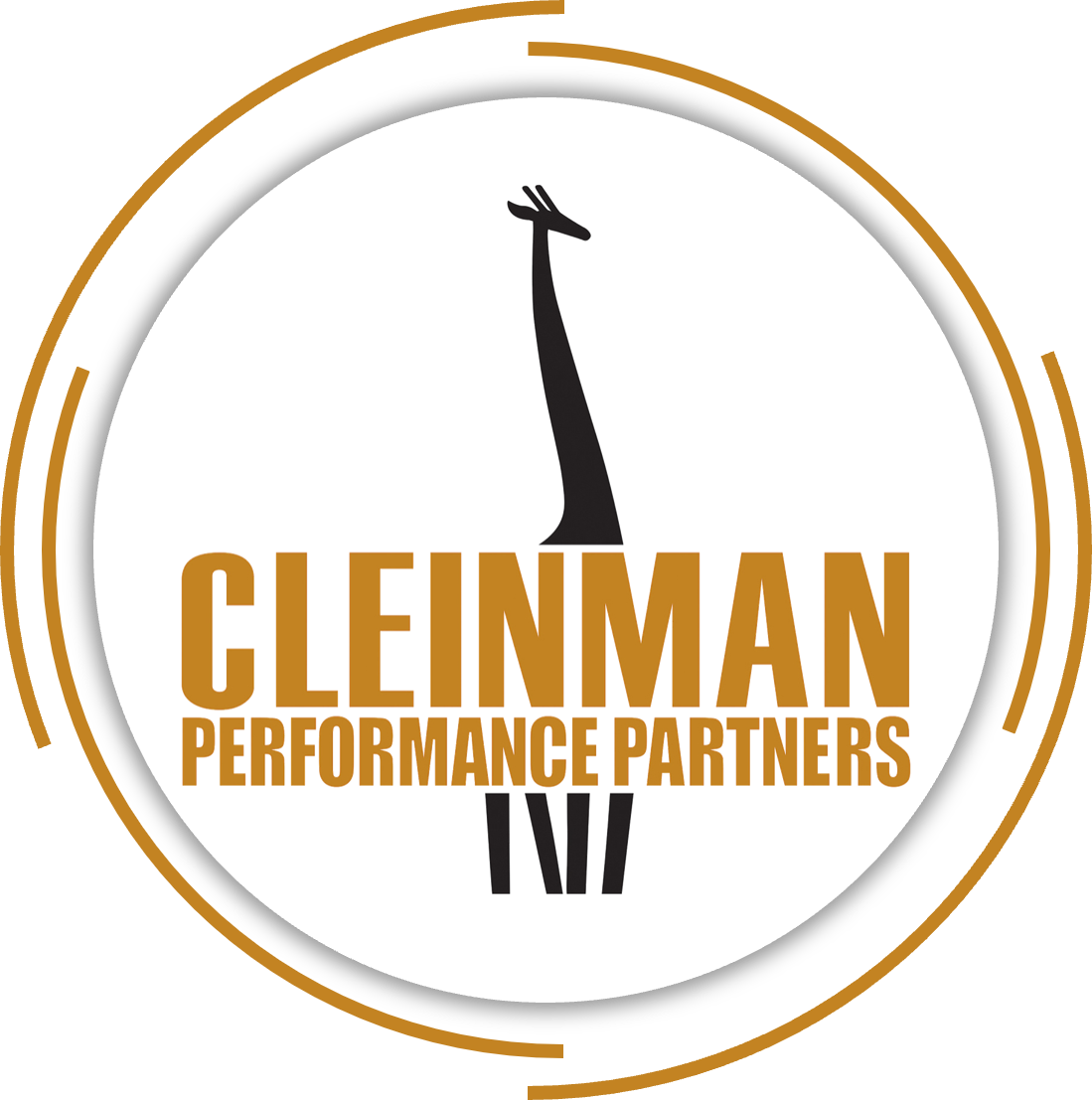A Thing or Two! October 25, 2022
We were recently retained by a multi-owner practice to develop a succession plan for the senior partner. In this case, the senior partner had been trying to sell his interest in the practice for several years. He’d had several prospective transactions fail to close and was getting anxious about transitioning to his desired retirement. While we wished he’d contacted us before he started his process, we’re grateful to be able to help him out of his challenge.
Read More…In assessing the situation, it was clear to me that the strategy that the practice had previously taken was the wrong one. In simple terms, following our assessment, the practice is now on a path to a successful transition. This has been brought about largely because we had experiences that the client did not. Indeed, experience is the stock in trade of any good consultancy, no different than that of an optometry practice.
One of my favorite commercials are those of Farmers Insurance. You know them and their fantastic tag line, “we know a thing or two because we’ve seen a thing or two.” In these promotions, the narrator shares crazy stories about disasters made right by Farmers Insurance coverage. They make you think about what might happen to you in such a situation…and likely result in the phone ringing at Farmers Insurance.
As an optometrist with experience, were it not copyrighted, you could well use this tag line in your practice. After all, once you’ve seen 10,000 patients, you’re likely not surprised by anything and have the experience to spot and diagnose most any ocular pathology. In simple terms, you know a thing or two about eyecare!
Our current employment environment underscores the fact that the same applies to recruiting, securing, and retaining staff and associates…and successors. Over these many years, our team at Cleinman Performance Partners has been engaged on hundreds of recruiting and succession planning projects. Most of the time, we’re brought in to structure a compensation system, or design and negotiate an employment contract or succession plan.
Unfortunately, all too often, before we are called into the process, the client decided they needed an associate, marketed the opportunity, or retained a recruiter, and secured the interest of a candidate. With a “fish on” they then scramble for assistance in structuring the relationship.
Well, one of the things that WE KNOW is that this sequence of events often leads to an unsuccessful recruiting project. Why? Because the time to develop your contract and compensation system should be before you start recruiting, not after you’ve a candidate on the hook. The time and analysis necessary to design a mutually profitable and compensation system and a contract can delay the hiring process. And in our current 100% employment environment, delays lead to lost candidates. Success in today’s recruiting environment results from preparation meeting opportunity. That preparation involves understanding the economic impact of retaining an associate, designing the right compensation system and preparing a contract for presentation. Each of these steps should be completed BEFORE you begin the recruiting process.
So, if you’re currently in the recruiting mode or contemplating being there within the next year, please reach out to us now for a no-obligation discussion. Good work up front leads to a successful recruitment and a long and profitable relationship for both parties.
We know this because…we’ve “been there, done that.”
